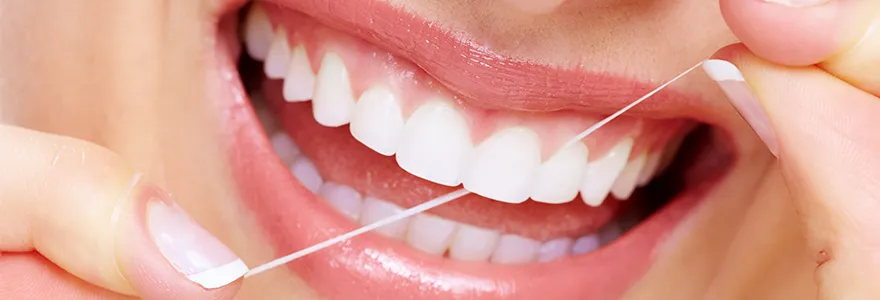Gums are bleeding while flossing, so should you see a dentist? Gum bleeding upon flossing can be a sign of gum decay, infection or gingivitis. If it is left untreated it can develop into serious gum disease, periodontitis, irreversible tissue damage, and may even lead to tooth loss. The early identification and rectification of such signs can save you from significant pain and expense. A timely dental visit can preserve your gum health and oral wellness.
Whether or not you face a problem with gums, you should book an appointment with your dentist at least once every six months. Regular visits can help in monitoring teeth health, identifying early gum infection and preventing it.
Dental examinations allow your dentist to assess initial signs of gingivitis or periodontitis so that remedial measures can be taken. Also, your dental hygienist can clean any plaque and calculus that builds up under gums; plaque is the root cause of gingivitis. Plaque is home to many bacteria that can cause gum swelling and bleeding. Brushing and flossing your teeth daily is a powerful way to protect your gums from gingivitis.
If the gum bleeding is due to periodontitis, the dentist may ask you to go for the non-surgical treatments like dental scaling and root planning. Cleaning tartar and plaque from teeth is called scaling, whereas root planning is the scaling of roots to clean plaque and tartar.
Bleeding gums can be caused by many reasons other than gingivitis. The medications you are taking, your new flossing habit, your flossing technique and hormonal changes can also cause gum bleeding. During pregnancy, some females suffer from pregnancy gingivitis that causes gum inflammation due to plaque bacteria.
Oral health is integral to overall health. If you have recently started flossing you may experience mild gum bleeding which is nothing to worry, it will go away after a few days of routine flossing. But if you have recurring gum bleeding while flossing you should book a dentist appointment. For good oral health, it is highly recommended to undergo regular dental checkups whether you face a dental problem or not.

